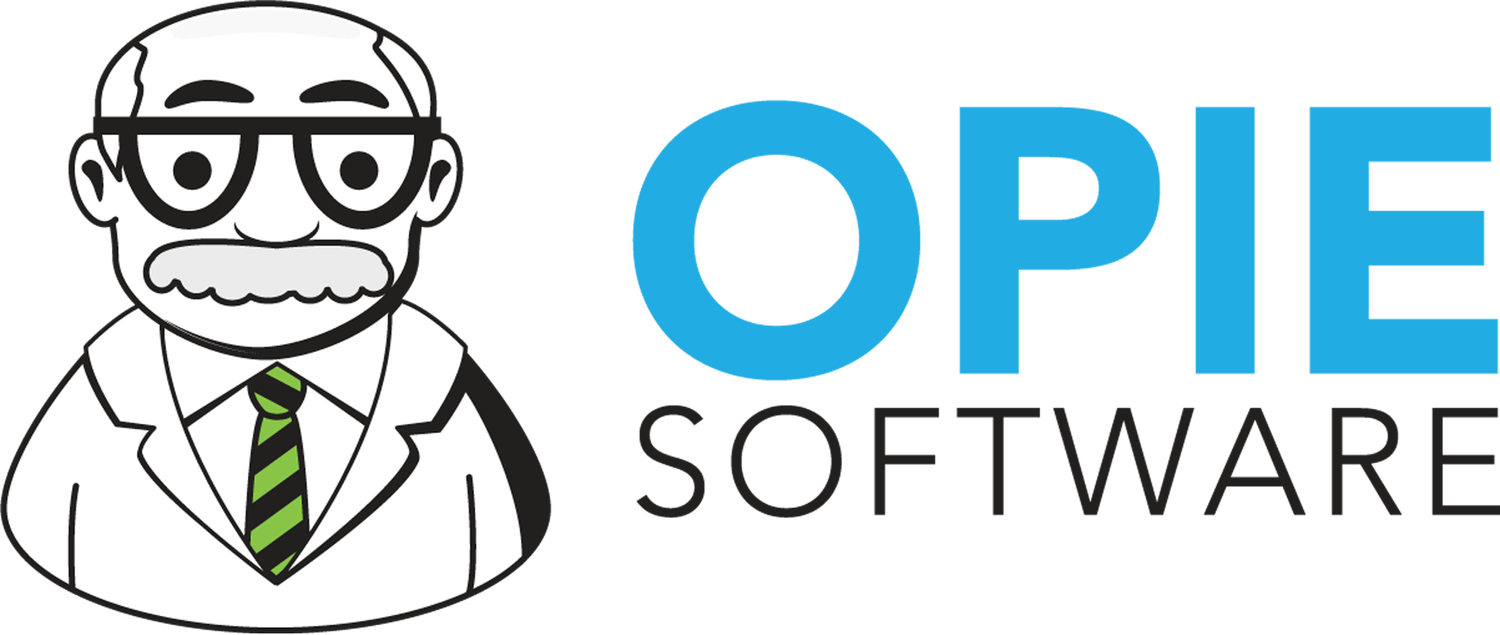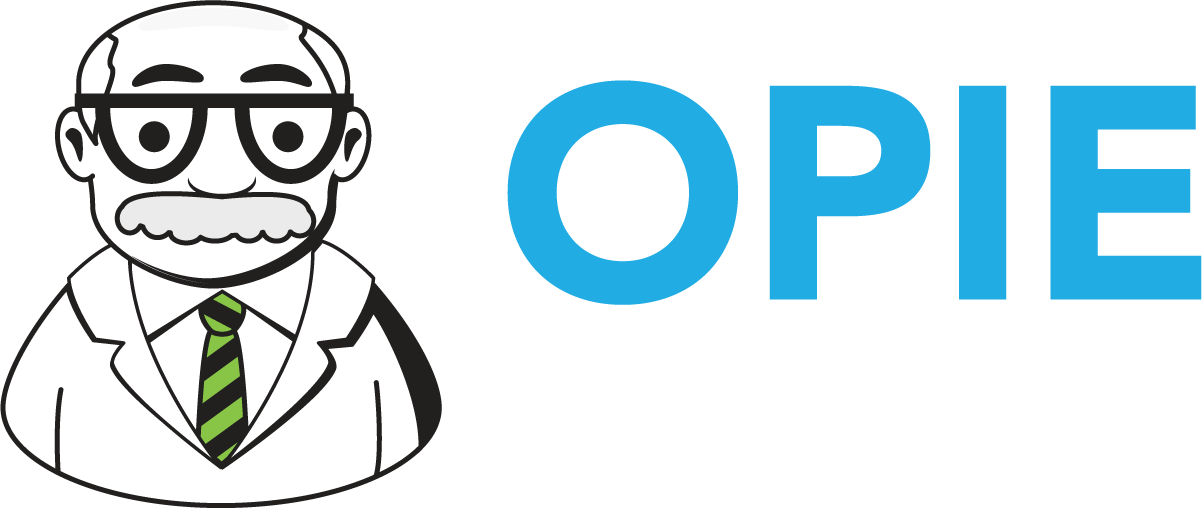Into the Unknown
If you are a regular reader, you know that I am a proponent of data. For over twenty years I have talked about the importance of objective data to tell the story of O&P. The most common response I get is that “we don’t get paid to collect data.” I understand that, to a degree. But I want to challenge that thought a bit. When it comes to knowledge there are three categories: The things we know we know (known knowns), Things we know we don’t know (known unknowns), and things we do not know we don’t know (unknown unknowns). It’s typically the largest chunk of knowledge available, but it is a “black hole” in our minds. It’s the unknown unknowns that typically bite us the hardest.
Discovering our unknown unknowns is part of life’s journey. It’s the wisdom we gain from mistakes. If you think about just your professional life, regardless of your role in the company, there are probably aspects of your job that you can do in your sleep. There is no doubt in your mind that you can handle anything that comes your way in those areas. These are your known knowns.
There are other areas where you might encounter a task or a challenge that you don’t deal with often and you know that you need to consult with someone else. This is an example of a known unknown. We know enough to tread lightly and seek advice before getting into a mess. Your awareness of the potential for an undesired outcome is sufficient to create a sense of caution. You may make a mistake and learn, but because you were already aware of the potential for encountering something new, you (hopefully) make an effort to mitigate the risk of catastrophe. As you gain experience, the size of the known pie slice gets bigger.
But the unknown unknowns are the things that can really get us. We look back and say “wow, I never saw that coming!” or “geez, I really thought my plan would work.” Because we don’t know what we don’t know, there is no possible way for you to be on alert. You cannot anticipate an adverse outcome because the condition that contributes to the adversity is not anywhere in your awareness. If it were, it would be a known unknown.
This is where data comes in. To me, data leads to knowledge. We gather good data. We may not have an immediate use for that data, but we gather it because we know it will lead to knowledge. But we must not waste our time gathering data just because we can. Just because we can measure something doesn’t mean we should. So you must discern the elements that are most likely to shed light on that black hole of unknown unknowns. Or even bring clarity to the known unknowns. This is the basic process of learning.
Once we collect the data, we need to ask questions, typically, if you see a pattern, do you understand why that particular pattern emerged? If not, try to figure it out. If you were expecting a pattern and none emerged, why not?
If we are looking at outcomes data on a particular patient, answering those questions can allow you to adjust a treatment plan, or re-evaluate the patient to see if there is something you missed initially.
If the data is based on workflow processes, what is it telling you? Is there a better way to perform a routine task?
We do not collect that data simply for the sake of collecting data, no, no one is going to pay you directly because you consistently measure your patients’ progress over time. But once you can start to ask questions and tell stories based on objective data, you become more valuable, your work becomes better, more efficient, more effective. And that, my friend, translates into dollars.

